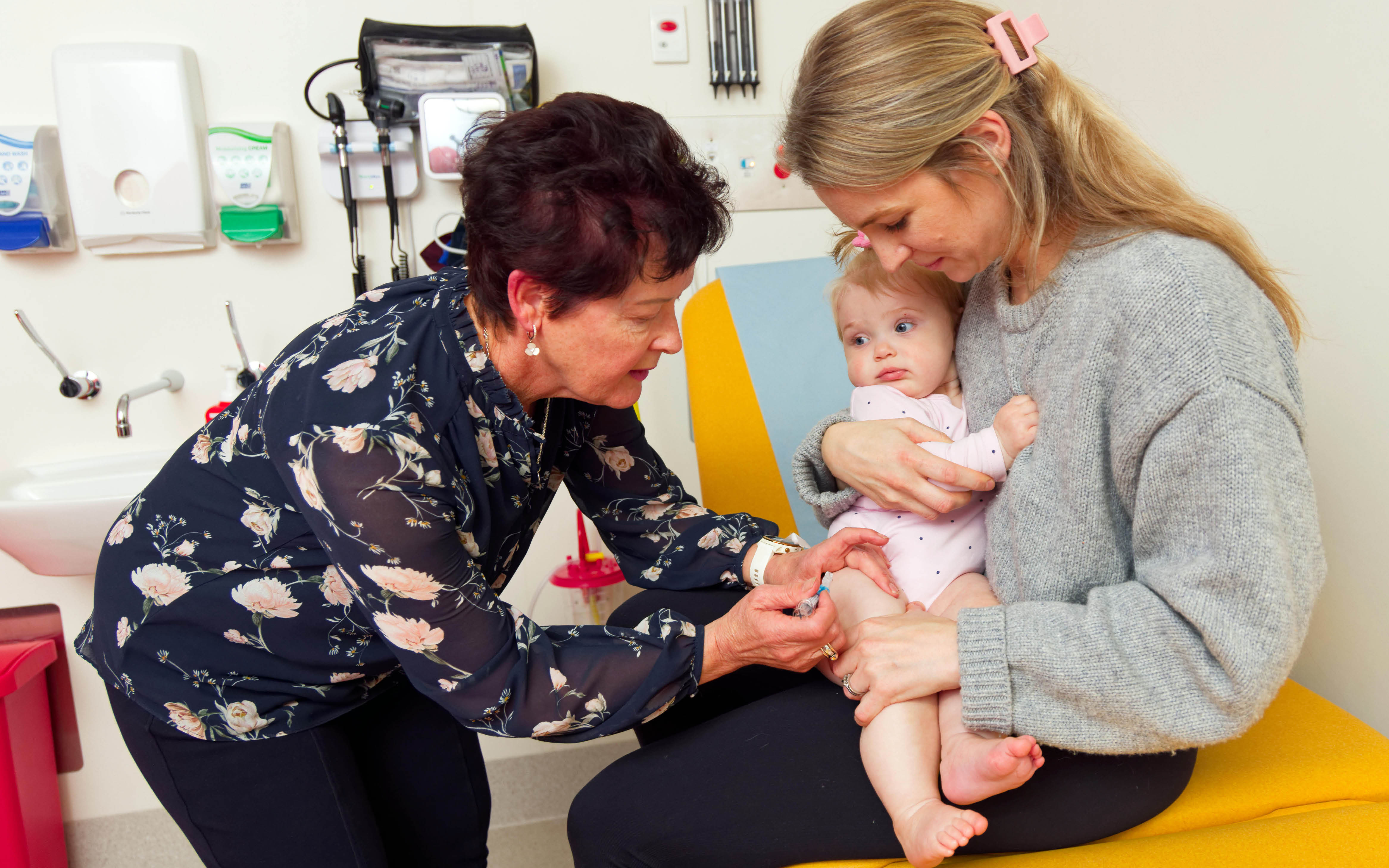Search
Research
HPV prevalence in Canberra high school students: significance for vaccination strategies and adolescent healthHPV prevalence in Canberra high school students: significance for vaccination strategies and adolescent health.
Research
Comparison of the immunogenicity and reactogenicity of a prophylactic quadrivalent human papilloma VirusWe conducted a noninferiority immunogenicity study to bridge the efficacy findings in young women to preadolescent and adolescent girls and boys...
Research
A comparison of booster immunisation with a combination DTPa-IPV vaccine or DTPa plus IPV in separate injections when co-administered with MMRThis study evaluated GSK's combined DTPa-IPV vaccine (Infanrix-IPV) given as a fifth consecutive acellular pertussis booster dose in conjunction...
Research
Toll-like receptor 2 ligands inhibit Th2 responses to mite allergenThere is intense interest in the interaction between microbial compounds and allergy.
Research
Immunogenicity and boosting following a reduced number of doses of a Pneumococcal Conjugate Vaccine in infants and toddlersThe minimum number of doses of pneumococcal conjugate vaccine required for protection is not known. We studied the immunogenicity of a reduced schedule in...
Research
Safety and immunogenicity of a combined DTPa-IPV vaccine administered as a booster from 4 years of age: a reviewA combined DTPa-IPV booster vaccine was administered as a 4th or 5th dose after DTPa or DTPw priming.

The mission of the Vaccine Trials Group is to improve the health of the community through immunisation and the prevention of infectious diseases.
Research
BCG vaccination to Reduce the impact of COVID-19 in Australian healthcare workers following Coronavirus Exposure (BRACE) TrialJennifer Peter Kent Richmond RN MBBS MRCP(UK) FRACP Clinical Research Manager Head, Vaccine Trials Group Jennifer.Kent@thekids.org.au Clinical
Research
COVALIA (COVid vaccine trial for austrALIA): A phase I, double-blind, dose-ranging, randomised, placebo-controlled trial to study the safety and immunogenicity of a DNA-based vaccine against COVID-19 (COVIGEN) in healthy participants aged 18 to 75 years oPeter Richmond MBBS MRCP(UK) FRACP Head, Vaccine Trials Group Head, Vaccine Trials Group Professor Peter Richmond is Head of the Vaccine Trials Group
Research
Sore Throat Melbourne and Perth Study: The Australian Strep A Vaccine Initiative (ASAVI) Urban Pharyngitis Surveillance Study (STAMPS)Jonathan Peter Carapetis AM Richmond AM MBBS FRACP FAFPHM PhD FAHMS MBBS MRCP(UK) FRACP Executive Director; Co-Head, Strep A Translation; Co-Founder
